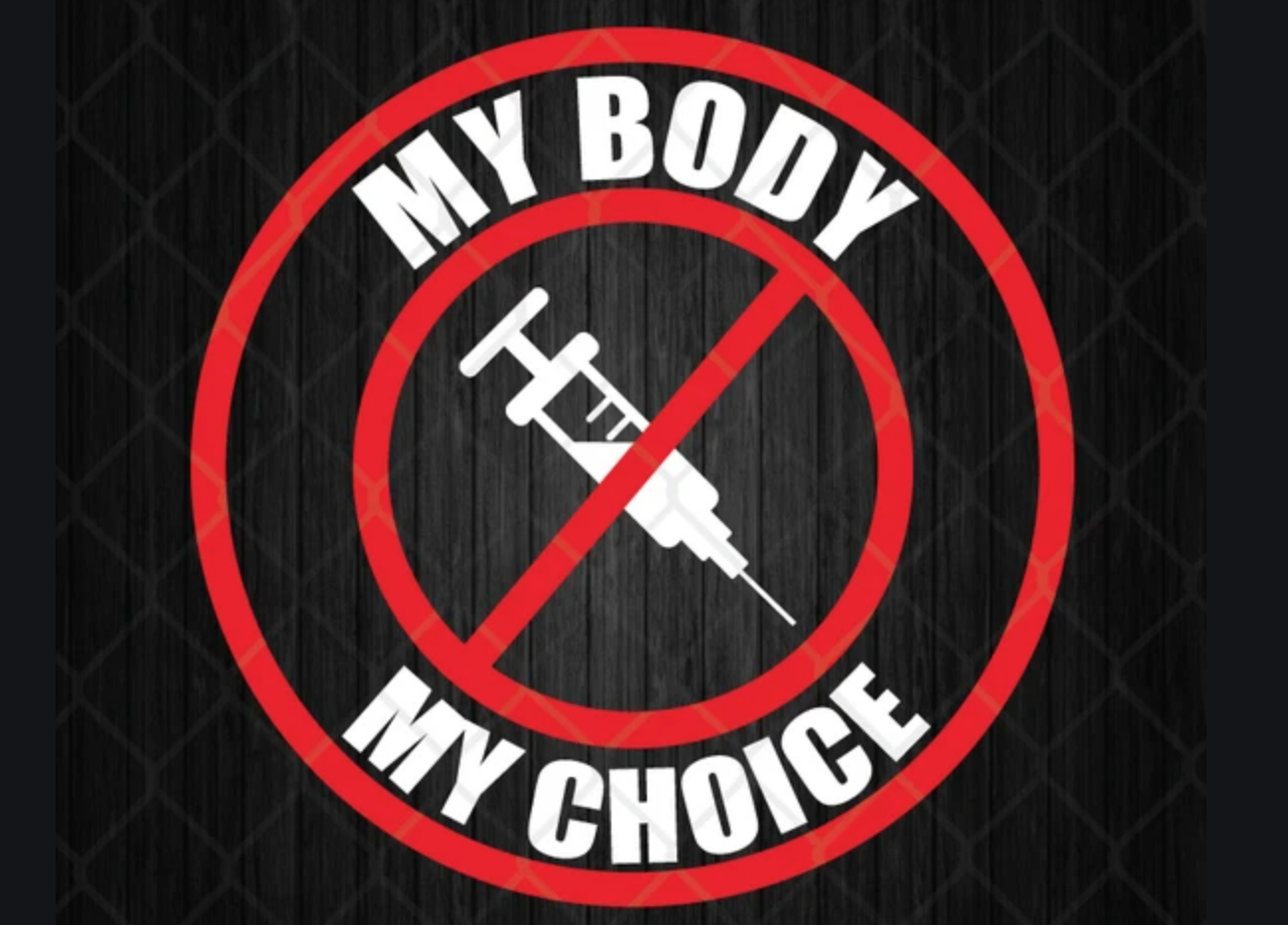We’re rapidly approaching the inflection point on whether China will get to stage the 2022 Winter Olympics without some sort of concurrent international protest — such as a major boycott — prompted by Beijing’s often outrageous treatment of its Muslim Uighur, Tibetan Buddhist and underground Christian religious minorities, as well as its secular pro-democracy movement.
The question for me is: Will the international community — and in particular the United States and other democracy-espousing nations — punk out as it did with the Nazi-run 1936 Berlin Olympics. Or will the International community find some righteous backbone and either boycott the 2022 winter games, or make its opposition to Beijing’s policies known in another significant and unmistakable manner?
China, of course, has threatened retaliation against any nation that dares to challenge it by linking the Olympics and human rights.
When I last posted about the possibility of an international boycott of the upcoming China Games, — back in 2019 — I wrote off any boycott possibility as an extreme long shot.
As of this writing, I think a widespread boycott is still highly unlikely. But it’s no longer a completely dismissible long shot, I believe, because of changed circumstances — not the least of which is the ongoing coronavirus crisis and China’s oblique explanations of the pandemic’s Wuhan region origins.
Why still unlikely? Ironically, for the very same reason a protest is now slightly more conceivable, the coronavirus.
The U.S., without which no boycott can succeed, as well as its major pro-Western democratic allies, are all still deeply engaged in trying to halt the coronavirus.
We don’t know how much longer this fight will go on or what surprises are ahead. Regardless, the effort has left them economically vulnerable and politically drained. I’d say they lack the necessary additional emotional and intellectual bandwidth to take on another international crisis. Certainly not one they can avoid without triggering immediate dire consequences for their own citizens.
Forget the morality of the situation. Moral avoidance is a well-honed government strategy with a global heritage.










